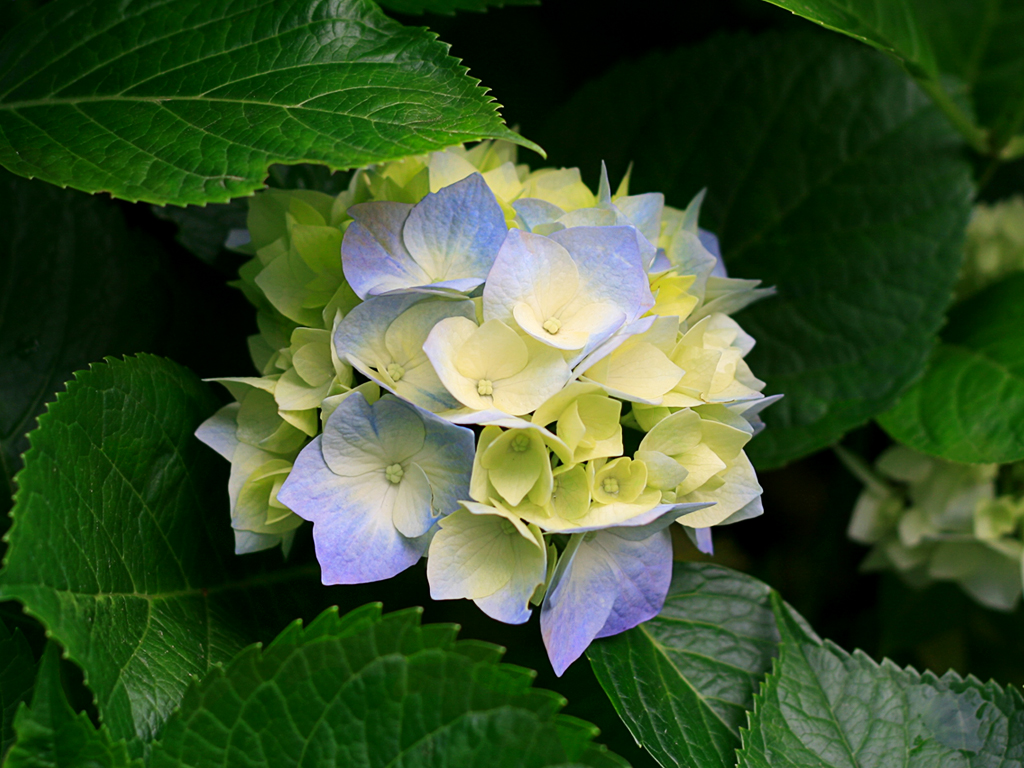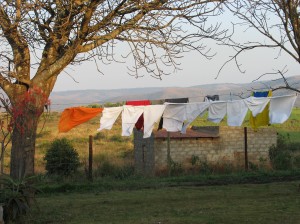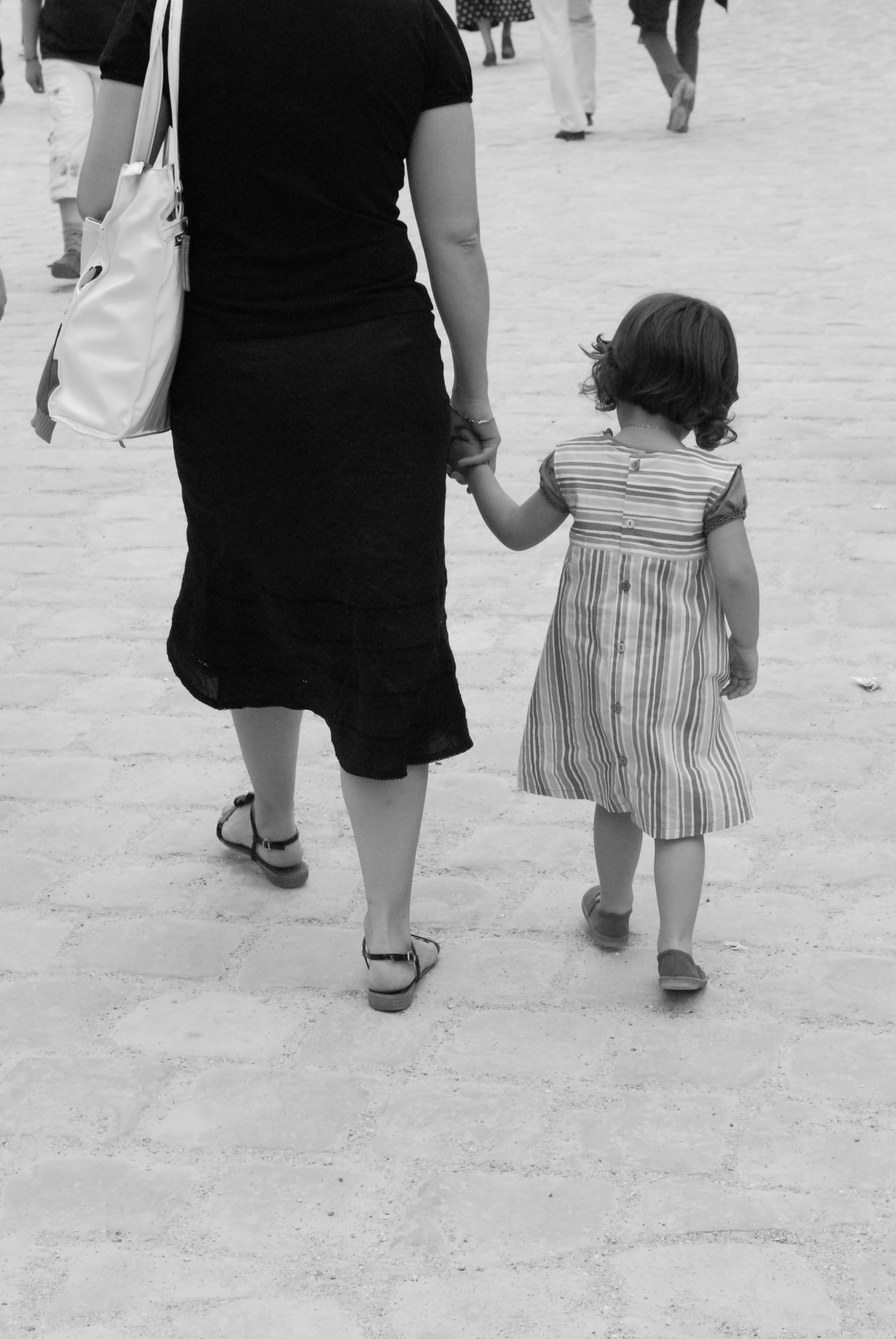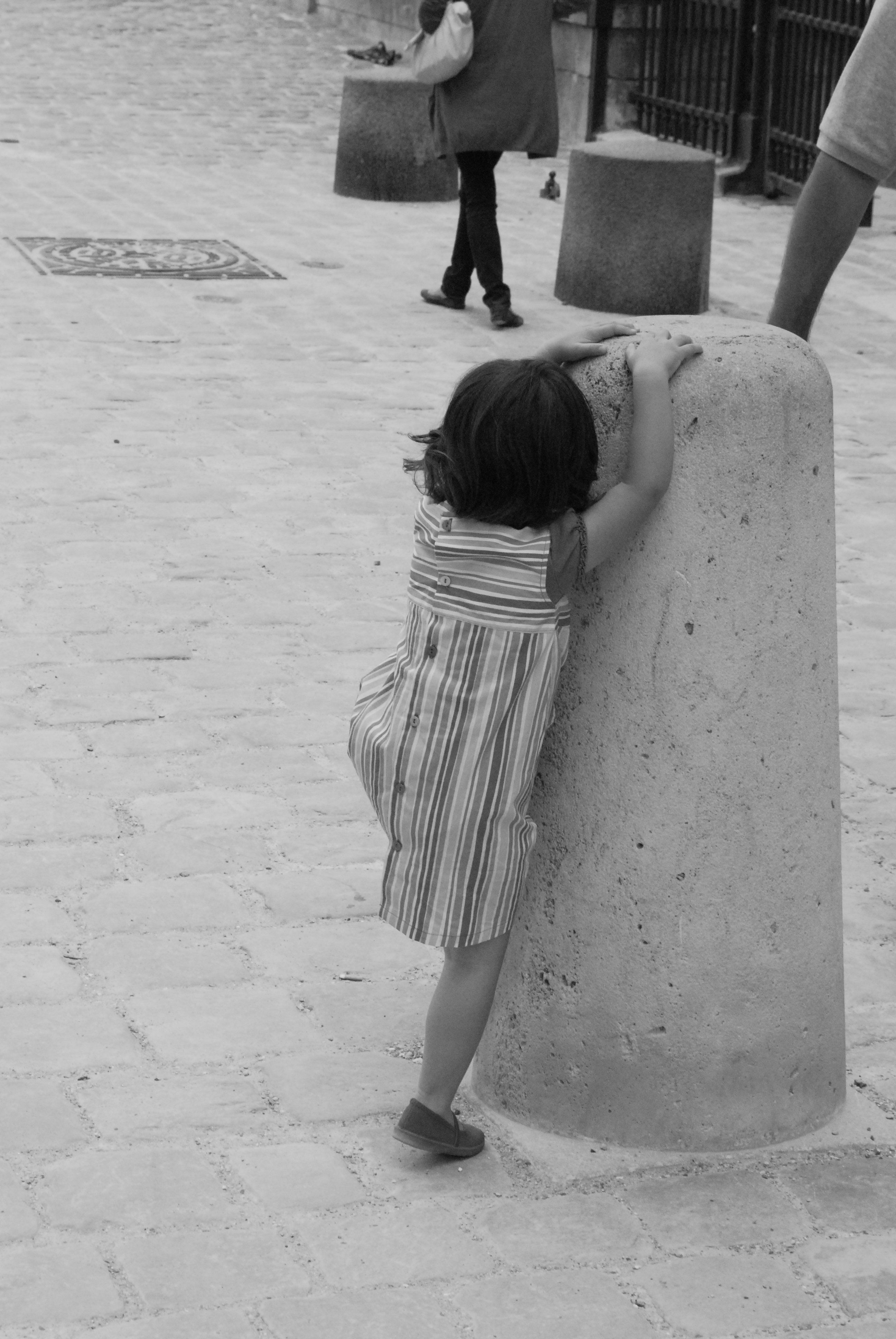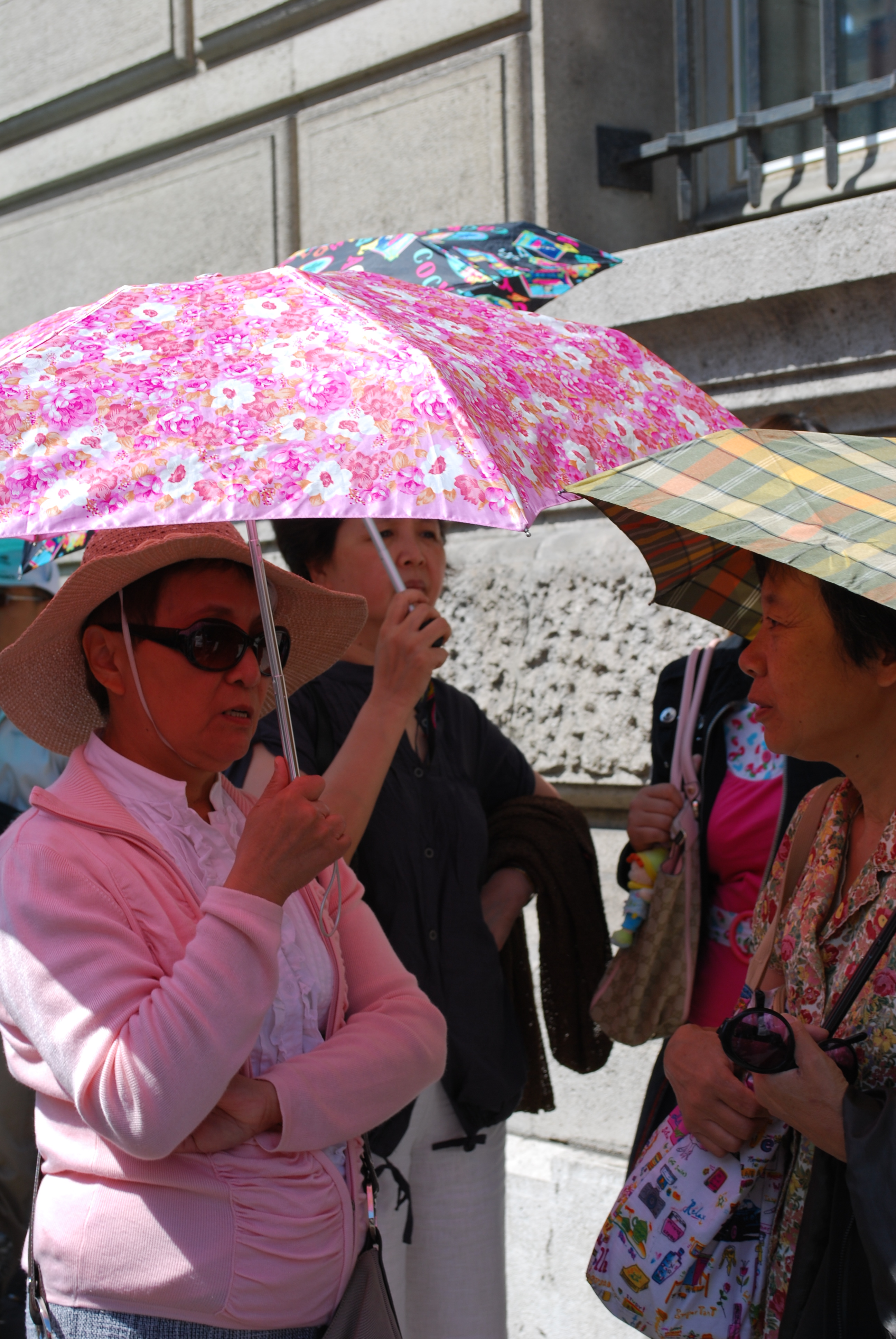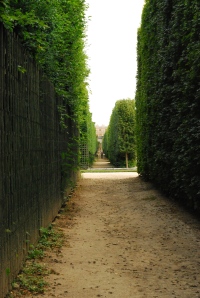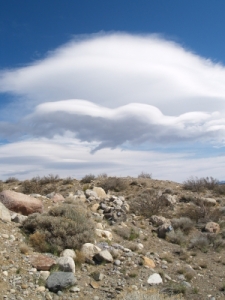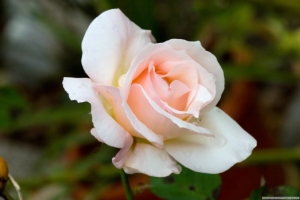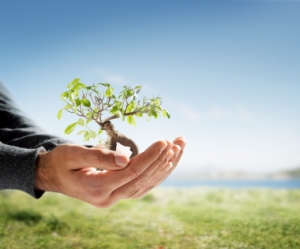MYSTERY
Underpinning all our knowledge of the world and its workings is mystery.
 The Christian theologian Karl Rahner writes: “Mystery is something familiar, something that we love, even when we are terrified by it or perhaps even annoyed or angered and what to be done with it… In the ultimate depths of our being we know nothing more surely than that our knowledge, that is, what is called knowledge in everyday parlance, is only a small island in a vast sea, but ultimately it is borne by the sea. Hence the deepest question for us humans is this. Which do we love more, the small island of our so-called knowledge or the sea of infinite mystery?”
The Christian theologian Karl Rahner writes: “Mystery is something familiar, something that we love, even when we are terrified by it or perhaps even annoyed or angered and what to be done with it… In the ultimate depths of our being we know nothing more surely than that our knowledge, that is, what is called knowledge in everyday parlance, is only a small island in a vast sea, but ultimately it is borne by the sea. Hence the deepest question for us humans is this. Which do we love more, the small island of our so-called knowledge or the sea of infinite mystery?”
 I have discovered for me that “the small island” that comprises the traditional religious beliefs I was raised with and the dogmas and creeds that were spoon fed to me give me no reliable information about the nature of mystery. The tenets and closed ended affirmations, the once and for all proclamations of what brings salvation and what is the meaning of life, may bring for many a craved sense of security, and be enough. But they leave me feeling like I’ve only stuck a timid toe in, never plunging down into the depths of the ineffable.
I have discovered for me that “the small island” that comprises the traditional religious beliefs I was raised with and the dogmas and creeds that were spoon fed to me give me no reliable information about the nature of mystery. The tenets and closed ended affirmations, the once and for all proclamations of what brings salvation and what is the meaning of life, may bring for many a craved sense of security, and be enough. But they leave me feeling like I’ve only stuck a timid toe in, never plunging down into the depths of the ineffable.
 Religious practices that place us in relation to the real, transforming power of mystery, the power of God, the ones that have as a participant with this creative force, this energy alive but resisting definition, that puts us squarely in the face of mystery, in a direct experiential way; that’s what I’m talking about. Hoping to risk my significance for this. Hoping I can.
Religious practices that place us in relation to the real, transforming power of mystery, the power of God, the ones that have as a participant with this creative force, this energy alive but resisting definition, that puts us squarely in the face of mystery, in a direct experiential way; that’s what I’m talking about. Hoping to risk my significance for this. Hoping I can.
What has been most imperative it seems is that I empty myself, or perhaps more accurately, be more self-giving. I must commit myself to the process, as much as I can each day. And as only God knows, this level of commitment shifts from day-to-day, moment to moment.
 How do I know if I’m actually floating in this vast sea of mystery? It’s usually what I never initially intended. It always when I am not attempting to shape the world closer to my own heart’s desire but instead am somehow having my heart transformed so that what I now want is something very different that what I desired at the beginning.
How do I know if I’m actually floating in this vast sea of mystery? It’s usually what I never initially intended. It always when I am not attempting to shape the world closer to my own heart’s desire but instead am somehow having my heart transformed so that what I now want is something very different that what I desired at the beginning.
While I can dally in the idea of God beyond space and time, I need a religious reality than must be some aspect of the observable, natural world. It is infallible because it holds together when I am broken, and while great disasters are not averted here in the real world, personal ones, local ones, global ones, they are not the final answer.
 When what had once appeared as mundane events in a life of what can at times feel like an endless loop of dry cleaning, dog walking, work, dinner preparation, sleep, repeat again, now is punctuated with encounters and events pervasive with meaning. Where once had been merely material happenings randomly occurring, there is now richness and trust in the very process of life, perhaps even prophecy, that is mystery.
When what had once appeared as mundane events in a life of what can at times feel like an endless loop of dry cleaning, dog walking, work, dinner preparation, sleep, repeat again, now is punctuated with encounters and events pervasive with meaning. Where once had been merely material happenings randomly occurring, there is now richness and trust in the very process of life, perhaps even prophecy, that is mystery.
There is not longer just my story, my will. Letting go of control, of plans,what is exposed is a collective tendency within the world to create ever-increasing complex wholes, in which the parts work together to enhance and magnify each other.
That these daily moments of grace happen is a practice of noticing. How they happen is mystery.









